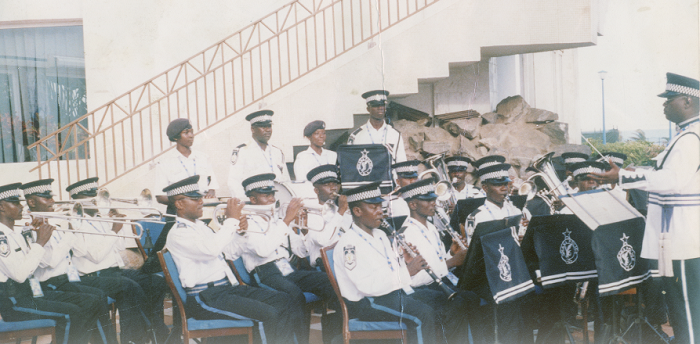
Musical nationalism
Nationalism, per the Oxford Advanced Learner’s Dictionary of Current English, is: “The desire by a group of people who share the same race, culture, language etc. to form an independent country.”
Advertisement
Scholars of this movement have studied how and why people come to identify themselves as being part of a nation, and its evolution. Anderson, a key modernist, for example, points out “Imagined Communities” as an explanation to that. He believes that a nation is a community that has been constructed socially, imagined by the people who perceive themselves as part of the community, and though the vast majority of the people will never meet personally, they share equal sense of identity based on nationality.
In the area of music, nationalism refers to how musical materials are used to identify a particular country or ethnic group i.e. folk tunes, rhythms, folklore and the use of melodies that have been inspired by them. “Musical movement”, as it is called, began in the 19th century in Europe and stressed on national features in music. In Germany, it is believed that Haydn was a pacesetter in the use of folksongs, whereas Chopin also applied the same for national interest. This later spread into other parts of Europe, including Bartok of Hungary, and with Scandinavia, Sibelius of Finland.
Inasmuch as this practice evolved in Europe, musical nationalism spread all over the world, including Africa, and for that matter Ghana. Nationalism is reflected in our country, looking at nationalist composers of Ghana. Ephraim Amu (1899-1995) broke with the Methodist Convention when he was refused ordination and consequently dismissed because he wore African/Ghanaian cloth in church. Besides, one of his songs, Yen Ara Asase Ni (our beloved country), is presently a national patriotic hymn.
Another nationalist composer, Philip Gbeho (1904-1976) was known for composing the Ghana National Anthem (God Bless Our Homeland Ghana). His efforts gave birth to the establishment of the Arts Council of Ghana; he was also the Director of Music of the Ghana National Symphony Orchestra.
Military/Regimental Bands are committed to national assignments such as rendering the national anthems and patriotic songs of other countries, providing music at anniversary parades, state banquets and generally at events that are nationalistic in nature. The Ghana National Anthem (God Bless Our Homeland Ghana) and Yen Ara Asase Ni (Our beloved land) are some of the key songs that promote nationalism in the Ghanaian military band movement. “National anthems are hymns, marches, songs or fanfares used as official patriotic symbols and the equivalent in music of a country’s motto, crest or flag.”
The Ghana National Anthem is sung throughout our educational institutions and each time it is sung, students stand still in acknowledgment. The author has observed with grave concern that any time the Police Band renders our national anthem, people stand still without singing. The time has come for us to sing along with the bands. As we attain 60 years of independence, the national anthem will be played during the 60th anniversary parade at the Black Star Square by the Mass Band of the Security Services. While uniformed personnel, by their tradition, salute, others present should also sing along to show and promote the spirit of nationalism.